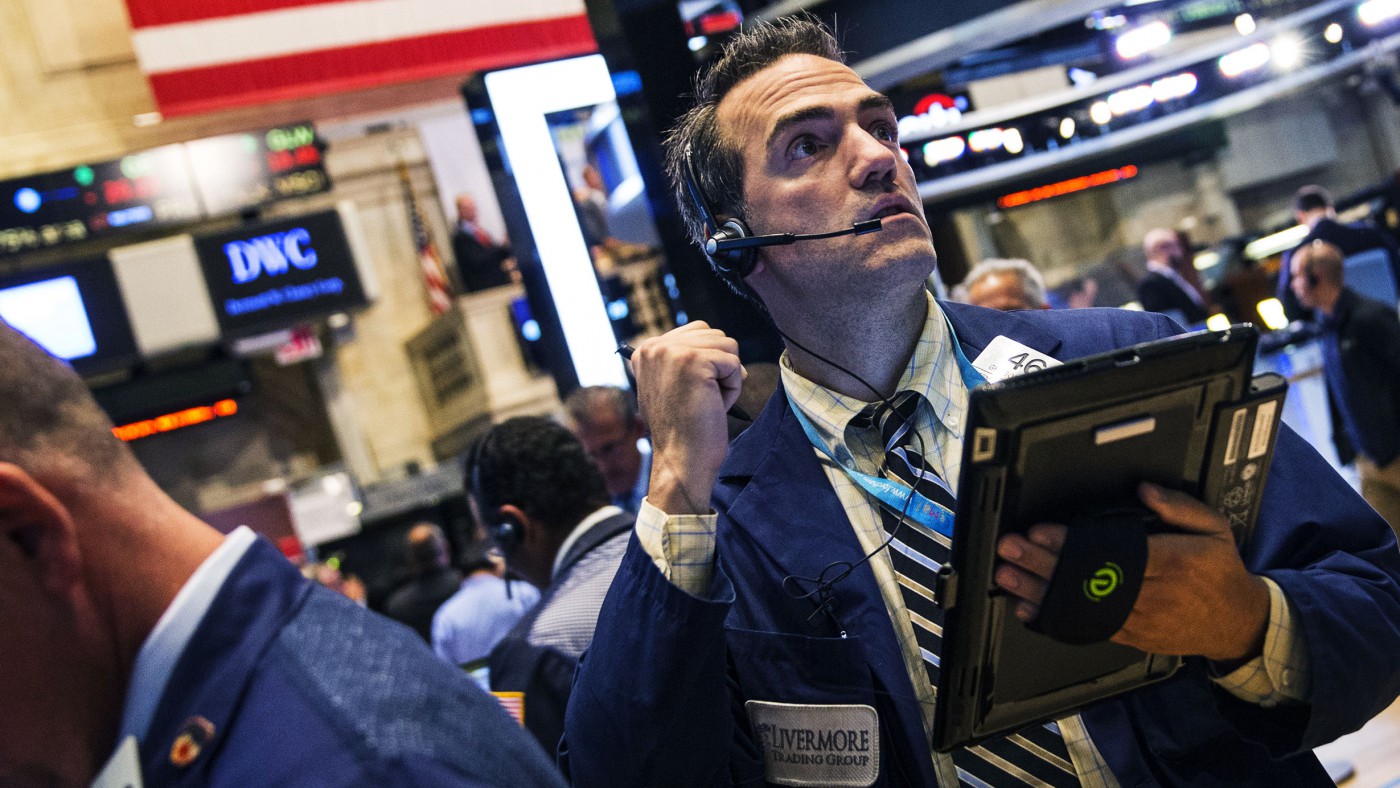The idea of a Robin Hood Tax – a tax on the purchase and sale of securities and derivatives – is hardly new. Since Hunter Logan proposed the idea in 1998, everyone from Bill Gates to Pope Benedict XVI has endorsed it. The European Union is set to impose their version on banks by the beginning of next year.
Yet the idea of imposing a tax named after a man who stole from the rich and gave to the poor has always sat uneasily with those defending the free market. Despite increasing acceptance in Europe, in the US Democrat and Republican free marketeers are vehemently opposed to the tax. This is a huge missed opportunity. Financial markets have never been, nor ever will be, wholly free. Furthermore, it is not incompatible to believe in open markets and hold a desire to protect financial institutions from excessive risk and leverage.
Earlier this year Congressman Chris Van Hollen announced he had found a level of tax which would have no effect on an investor’s future trading behavior and overall portfolio. The tax had the capacity to raise over 1.2 trillion dollars, revenue equal to 0.5 percent of U.S. GDP.
Free marketeers often shudder at the notion of regulation. But what they forget is that it is not just over-regulation that skews functioning markets. The rise of high frequency traders, who now make up more than 50 percent of all trades in the equity markets, make markets dangerously volatile and have the effect of either over-valuing or de-valuing certain asset classes. This split-second behavior; the flash trading and noise trading of Wall Street, is undoubtedly the greatest threat to rational market participation. It is the cause of the 2010 flash crash and many more besides.
To make big money from high frequency trading, traders must execute tons of trades. Such excess volume will undoubtedly become too costly for such traders, even with a financial tax that is only a few basis points. By taxing high-frequency trading, the incentive to speculate is minimized. Adding even the minimal FTT advocated by Rep. Chris Van Hollen could stem the activities of various flash traders around the globe.
Crucially, a FTT also has the added effect of improving liquidity in the capital markets. And the more liquidity there is the more confidence participants will have in investing. In this way, the Robin Hood Tax would improve the flexibility and robustness of markets, rather than reducing their efficiency.
To be clear, the Robin Hood Tax will not dampen all trading activities. Rather, its aim is to minimize those trading activities such that its levels revert back to those of the mid-1990s. Trading volume in this era was much lower, but nevertheless highly liquid and prosperous.
Critics of Van Hollen’s tax, including a majority of Republicans and a vocal minority of Democrats, will tell you that the tax lowers trading volumes, reduces liquidity, price discovery and future investment funding in the process. They rarely, if ever, mention the effect on speculative trading – the sole form of trading that stymies liquidity, price discovery and investments. It is only Van Hollen who recognises that without reducing financial speculation, it’s impossible to address inequality or to leave Wall Street’s risky practices in the past.
One metric for addressing the issues of liquidity, asset pricing and investment is the bid–ask spread. Undoubtedly, the FTT would raise bid-ask spreads. Academics have argued, however, that there would be minimal cost effects from changes to the bid-ask spread.
Dealing with the realities of capital markets requires regulators to acknowledge that high-frequency traders are more likely to be market-manipulators rather than market-makers. Post-crash USA is still finding its feet after its biggest financial quake for half a century and questions over how far the big banks should or should not be taxed remain contentious. The crucial step now is for US voters as well as Washington regulators to recognize that a Robin Hood Tax is not anti-market in the slightest. Instead it is best way to make capital markets fair for everyone.


